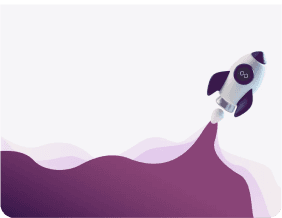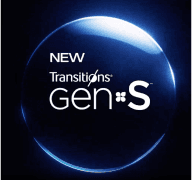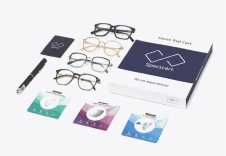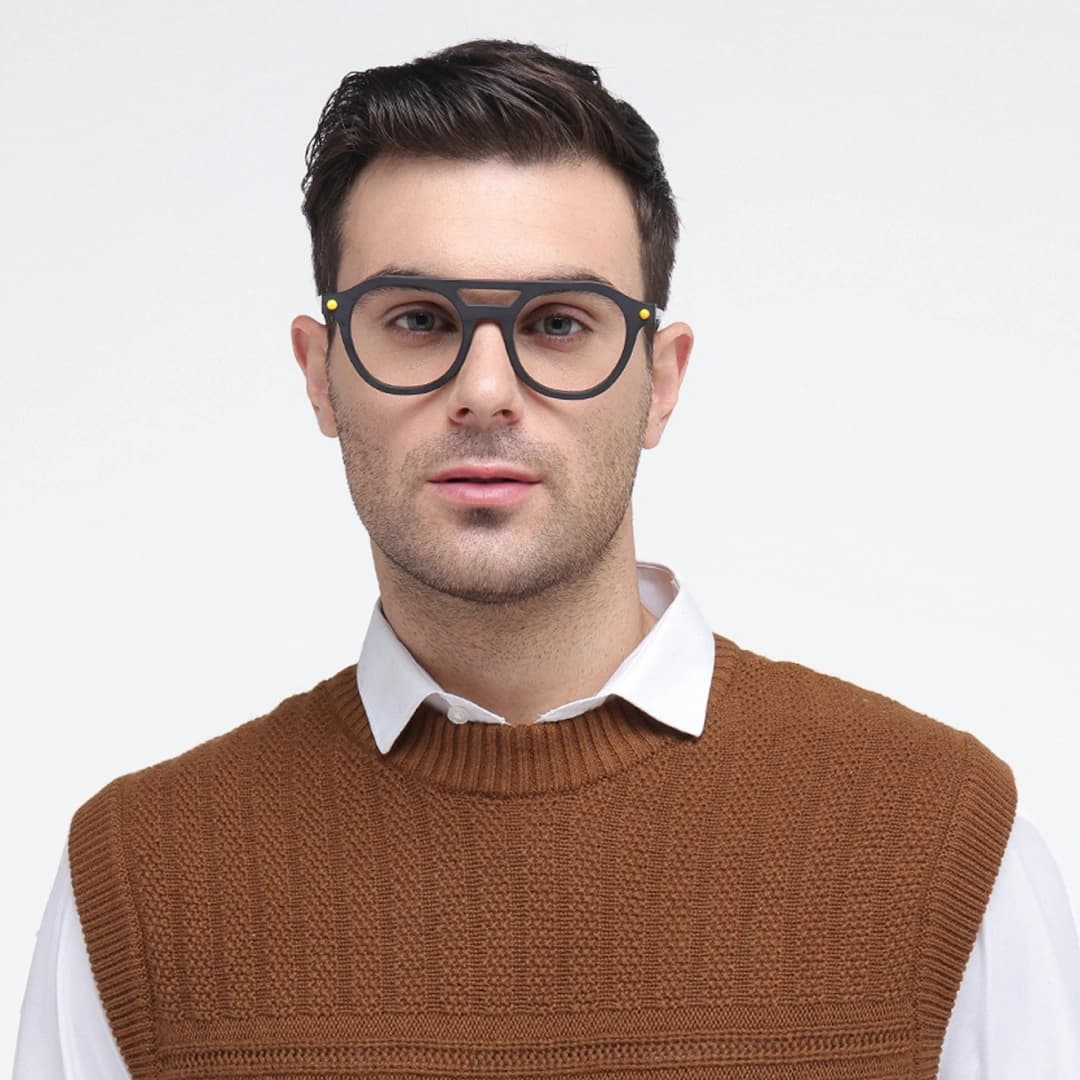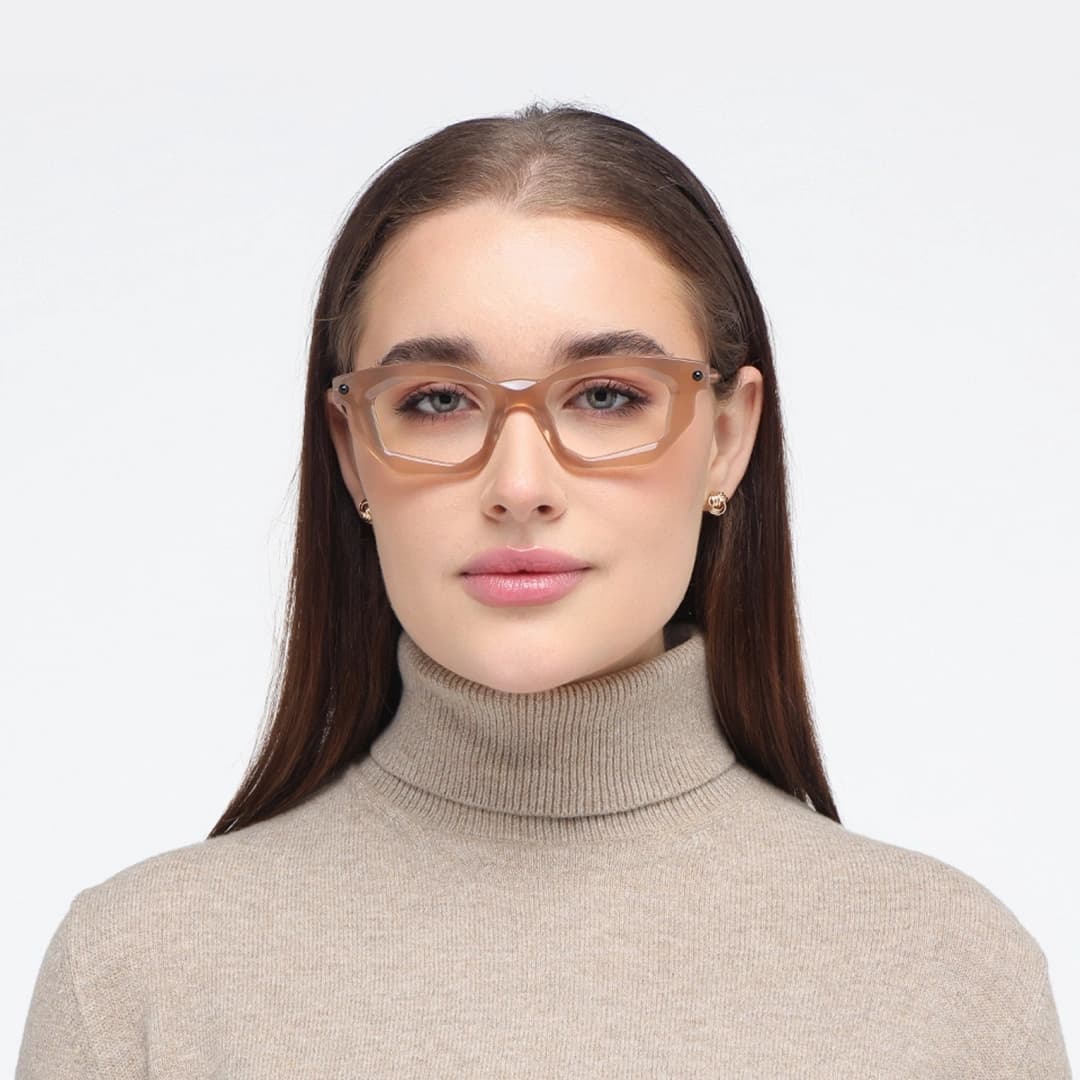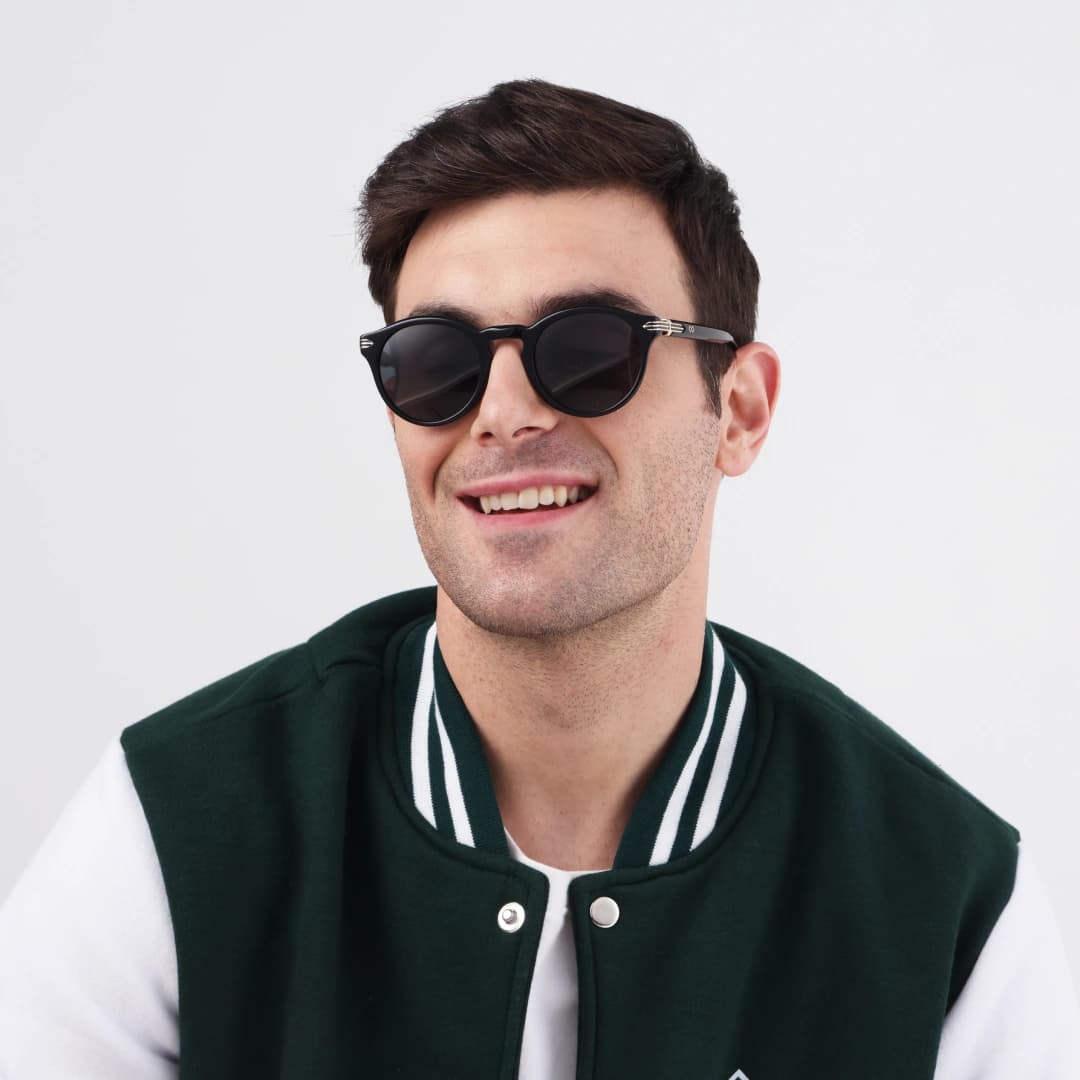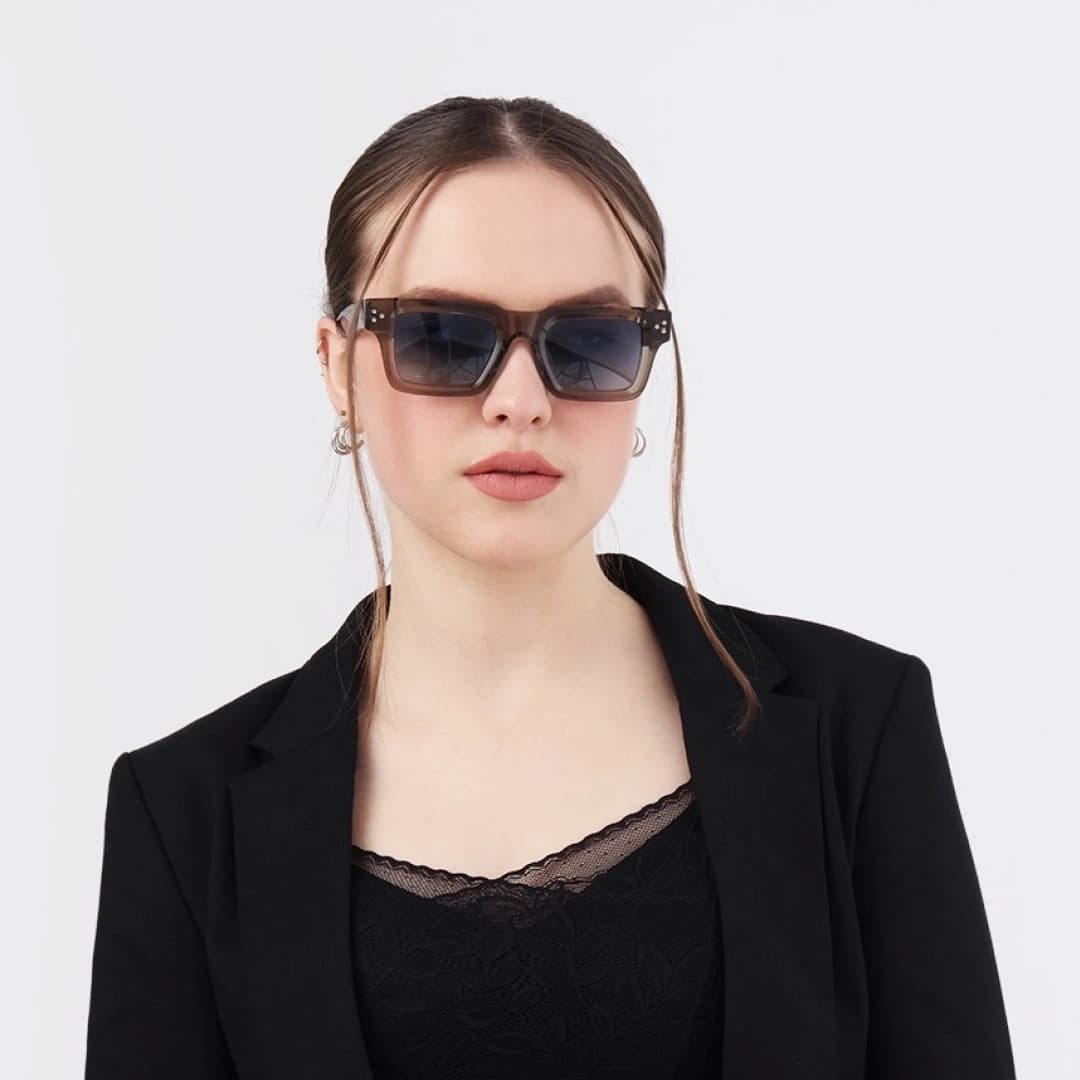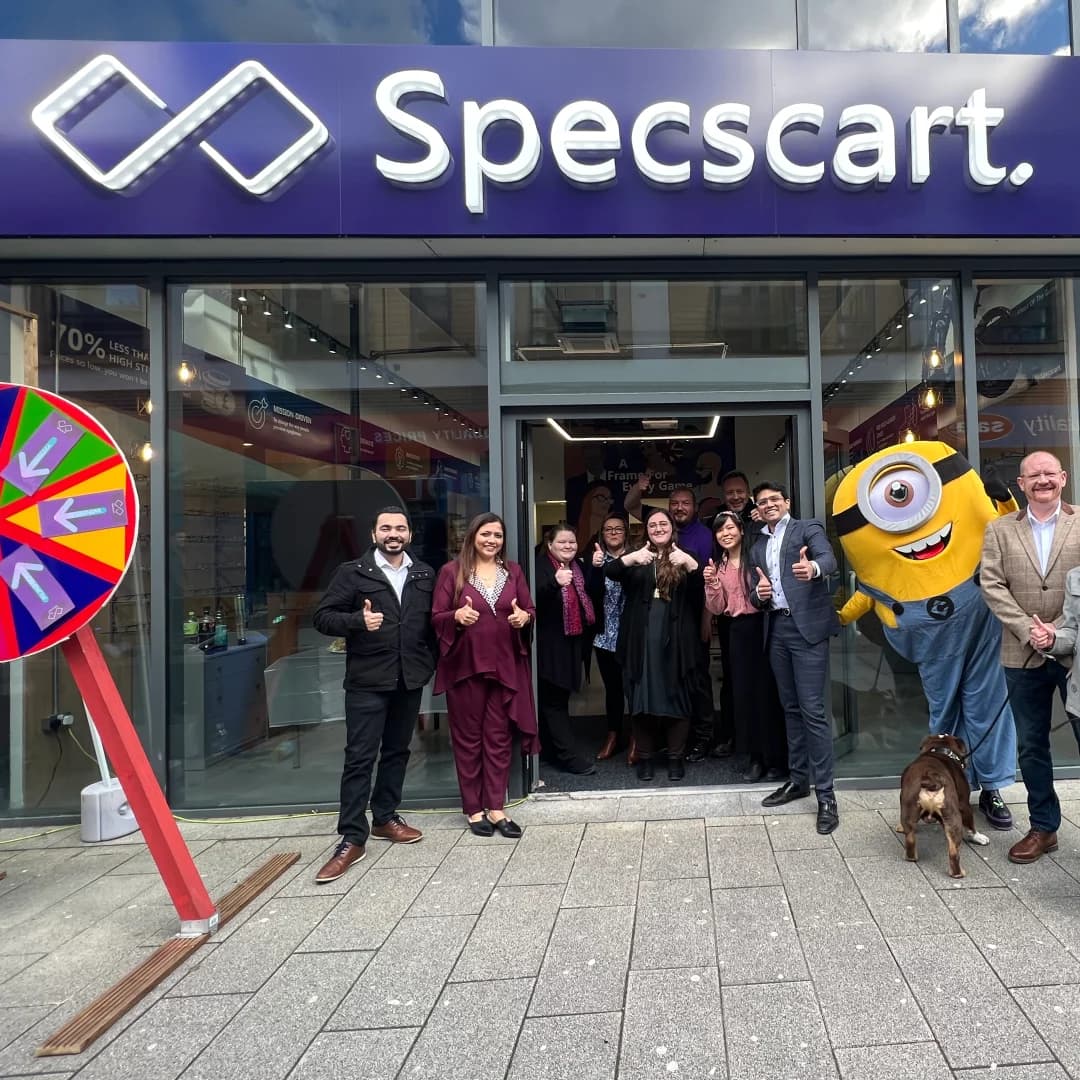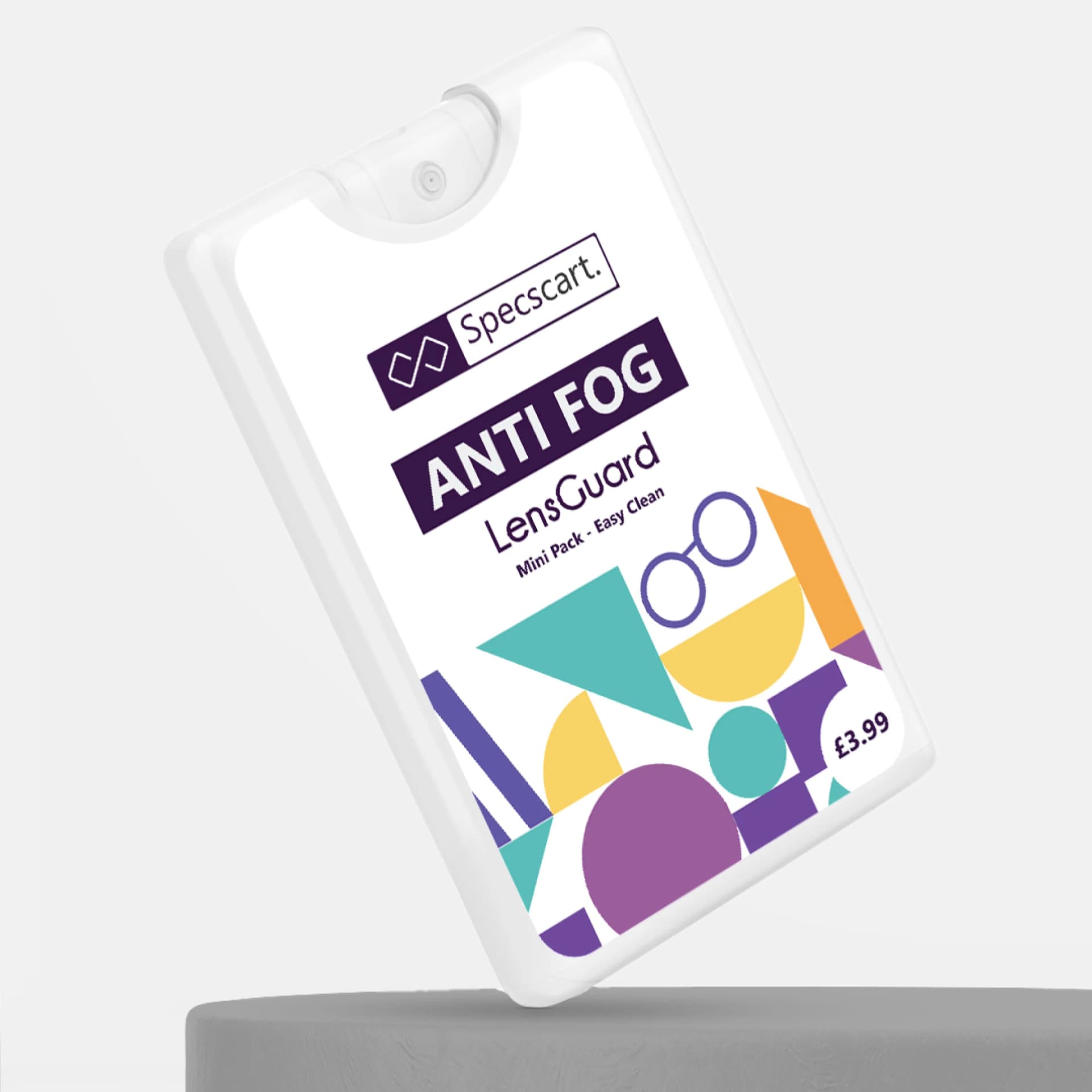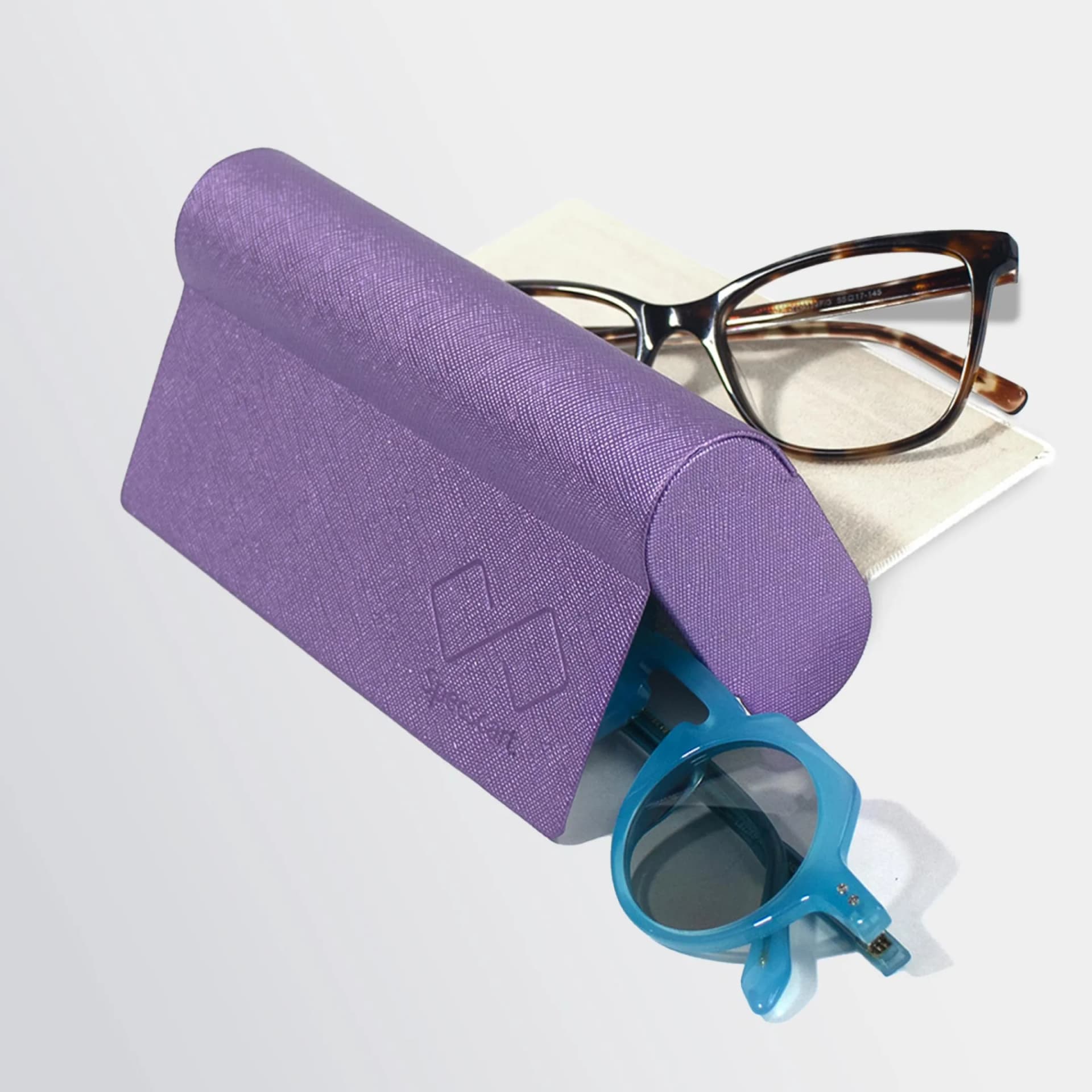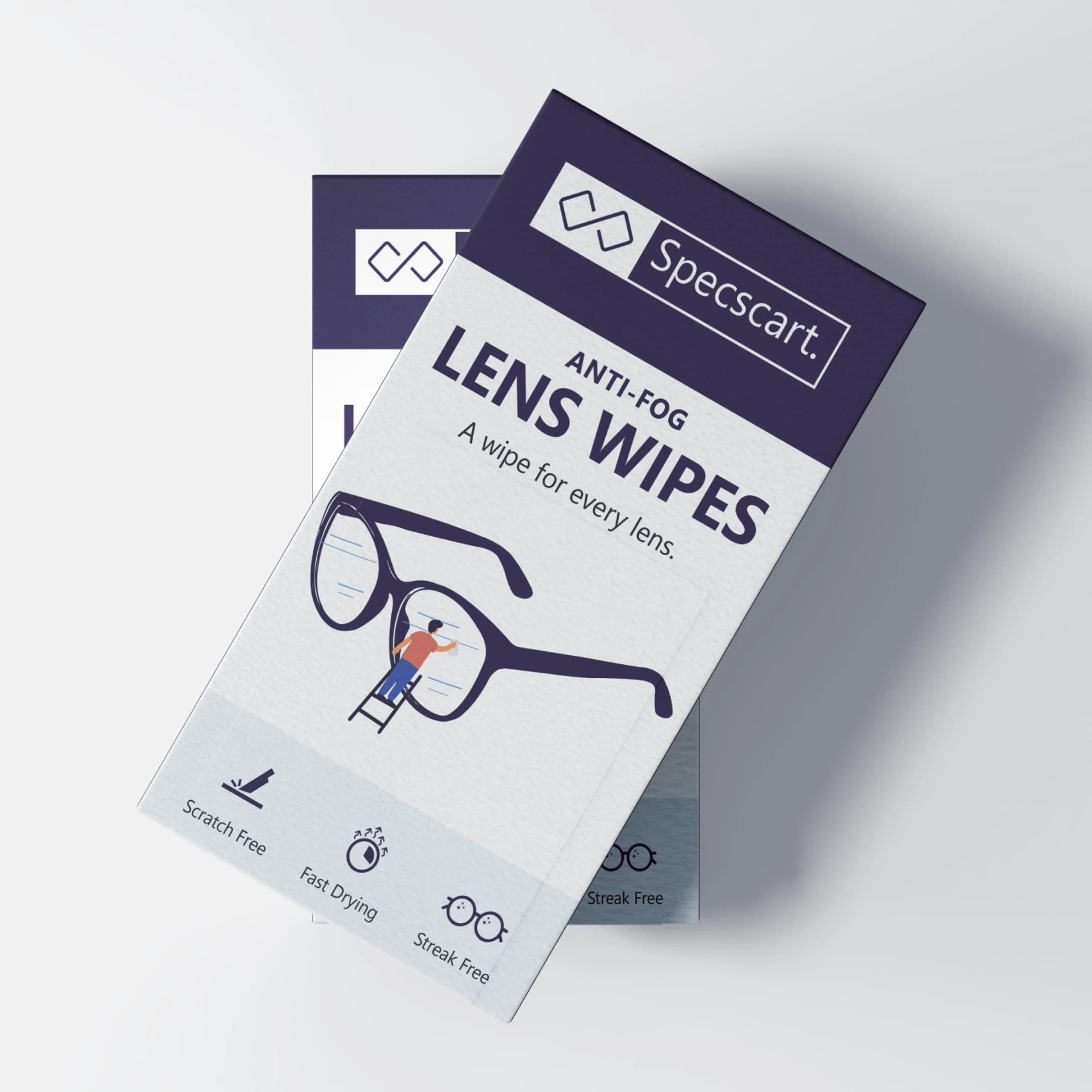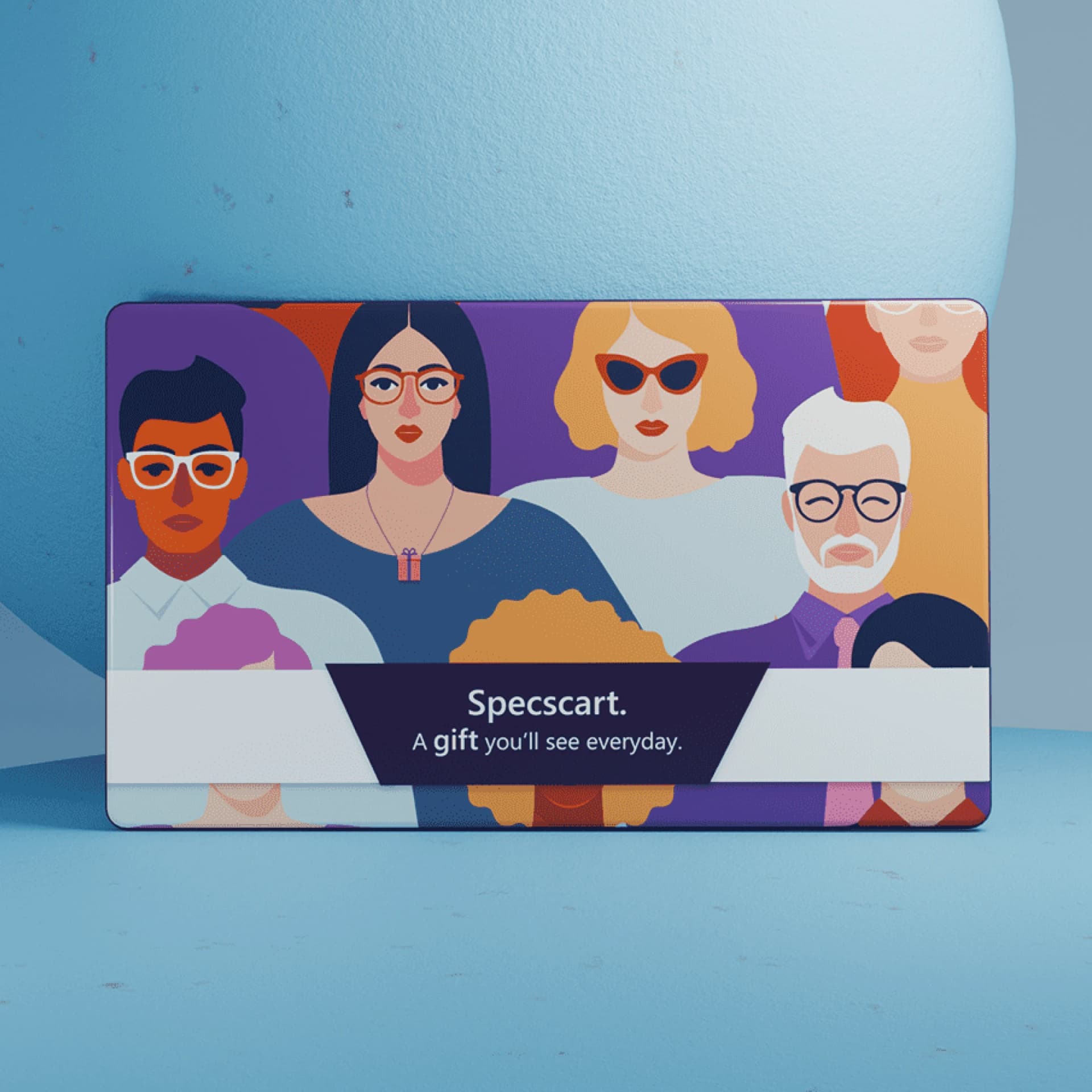Discover the Ideal Lighting for Reading and Studying

Content Manager
Picture yourself curled up with a good book under a vintage lamp's glow or at your desk, deep in study notes. Yet, something's missing: comfort for your eyes. Whether reading or studying, lighting does more than brighten a space—it shapes your entire experience.
Whether you are someone who loves to add charm to your space with warm, nostalgic lighting or a studious setup to boost focus and clarity, the right light can make all the difference. The best part is that it keeps distractions and eyestrain away.
But how can one achieve a perfect lighting for their reading area? Let’s learn about some of the best ways to create an ideal glow for your space. Keep reading to illuminate the possibilities!
Why Does the Right Light Matter for Reading?
You might think that the best light for reading & studying is natural sunlight. While this is true, you don’t have access to it at night. And what if you’re indoors, where you don’t have enough natural light? You’ll most probably use an artificial bulb or a reading lamp.
But not all types of lights are good for your vision. With the many innovations in home décor, we now have access to a wide variety of lighting options. Over time, we have come to understand the impact of different types of light on our eyes and how they influence the way we feel.
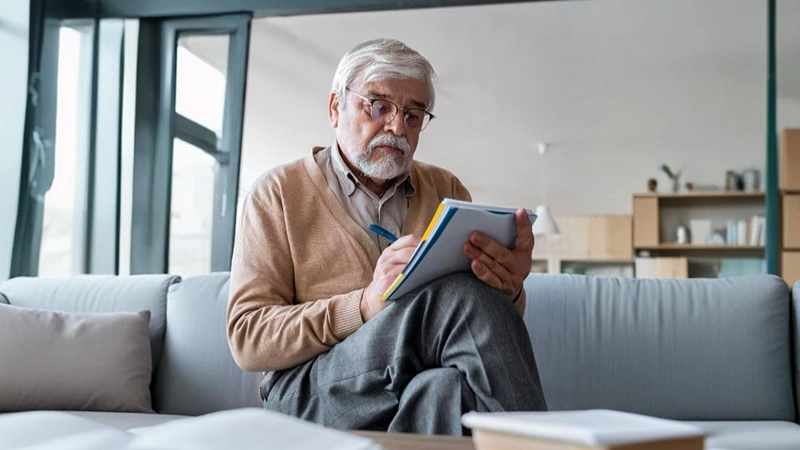
If you're 40 or older, you may have noticed that reading in dim light feels more challenging than it used to. That’s because as we age, our pupils naturally shrink, allowing less light to enter our eyes. Even with reading glasses, insufficient lighting can strain your vision, making words appear blurry or increasing fatigue.
This is why bright, well-balanced lighting is so essential. It adapts to changing conditions, creating a clear and comfortable environment that enhances the reading experience. So, whether you're diving into a novel or scanning important documents, your reading experience will elevate with the right light, keeping eye strain far away.
The best light for studying & reading: Warm or cool?
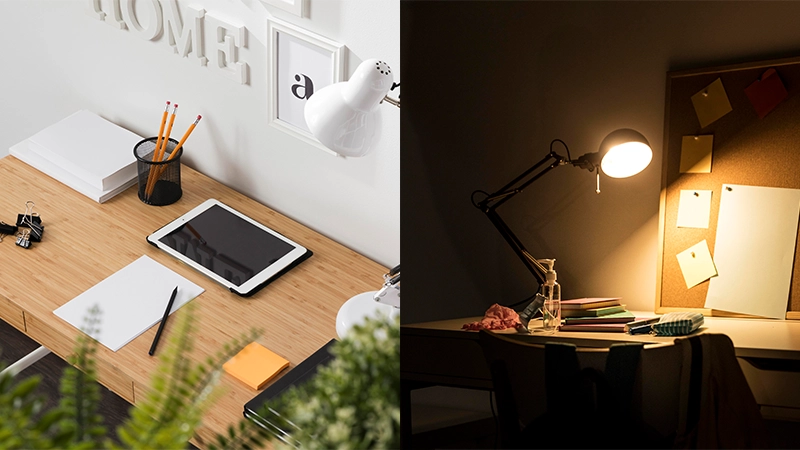
You might have seen that many cafes have dim or yellowish light to make you feel more cosy and relaxed. Whereas some places like libraries have bright white lights, to make you more alert and focused. Ever wondered why? That’s because warm and cool lights have different effects on your mood, concentration, and even your eyes.
Warm Light( The Aesthetic Yellow Lights): These lights never fail to mimic the natural glow of sunsets or candlelight. The calm and soothing atmosphere is perfect for casual readings before bed or a cosy reading nook. However, these lights usually have longer wavelengths, which can result in drowsiness, as they are too soft to focus.
Cool Light (The Bright Bluish-white Lights): With a resemblance to bright daylight, these lights boost alertness and focus. These have shorter wavelengths, so you don't have to apply pressure on your eyes to enhance concentration. This makes them perfect for studying, working, or reading small texts. But you should avoid too much exposure to these lights, especially at night, as this can disrupt your sleep patterns.
Some Best Lighting Tips for Reading & Studying
If you’re a passionate reader, then poor lighting could be a buzzkill. Your entire reading experience depends on the lighting you choose. Therefore, here are some tips to get the best light for studying & reading.
1. Adjust lighting according to your needs
Not every task requires the same level of brightness. If you are reading a novel before bed, a soothing, warm light will work. However, for exam preparation, a bluish-white light will keep you focused and alert. So, find the right balance of light according to your work needs. Moreover, adjustable desk lamps can be a game-changer.
2. Ensure text is clear and easy to read
Not every task requires the same level of brightness. If you are reading a novel before bed, a soothing, warm light will work. However, for exam preparation, a bluish-white light will keep you focused and alert. So, find the right balance of light according to your work needs. Moreover, adjustable desk lamps can be a game-changer.
3. Adjust the angle of light for maximum comfort
At some point, you might have tried to change your seating arrangement to get the perfect light without any glare to the eyes. This is because the direct glare can be harsh, while shadows may make it difficult to see.
Position your light at an angle that illuminates the page without reflecting directly into your eyes. You can try out the desk lamp with an adjustable arm.
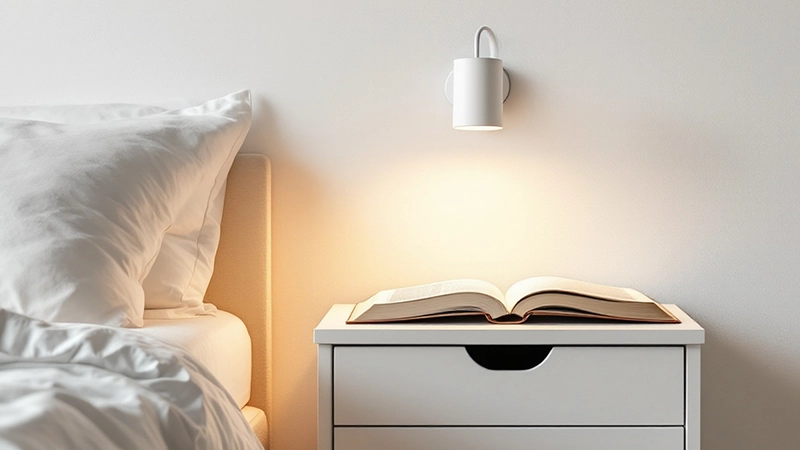
4. Let natural light work its magic
Natural light during the daytime is best for reading and studying. Sunlight gives a perfect balance of brightness and warmth, which is sufficient. On the flip side, you should avoid reading in dim light for long periods. As it can strain your eyes, and cause headaches, and reduce focus.
The Conclusion
A well-lit room or space can enhance your reading experience by enhancing focus and reducing eye strain. By choosing the right light, you create a more productive and comfortable environment. Implement these lighting tips to make your study sessions more effective and enjoyable. Illuminate your reading space wisely, and let your mind thrive!
Caution: You may become style obsessed
Your way finder
2000+ Trendy Styles

Fashion Forward Sunnies














